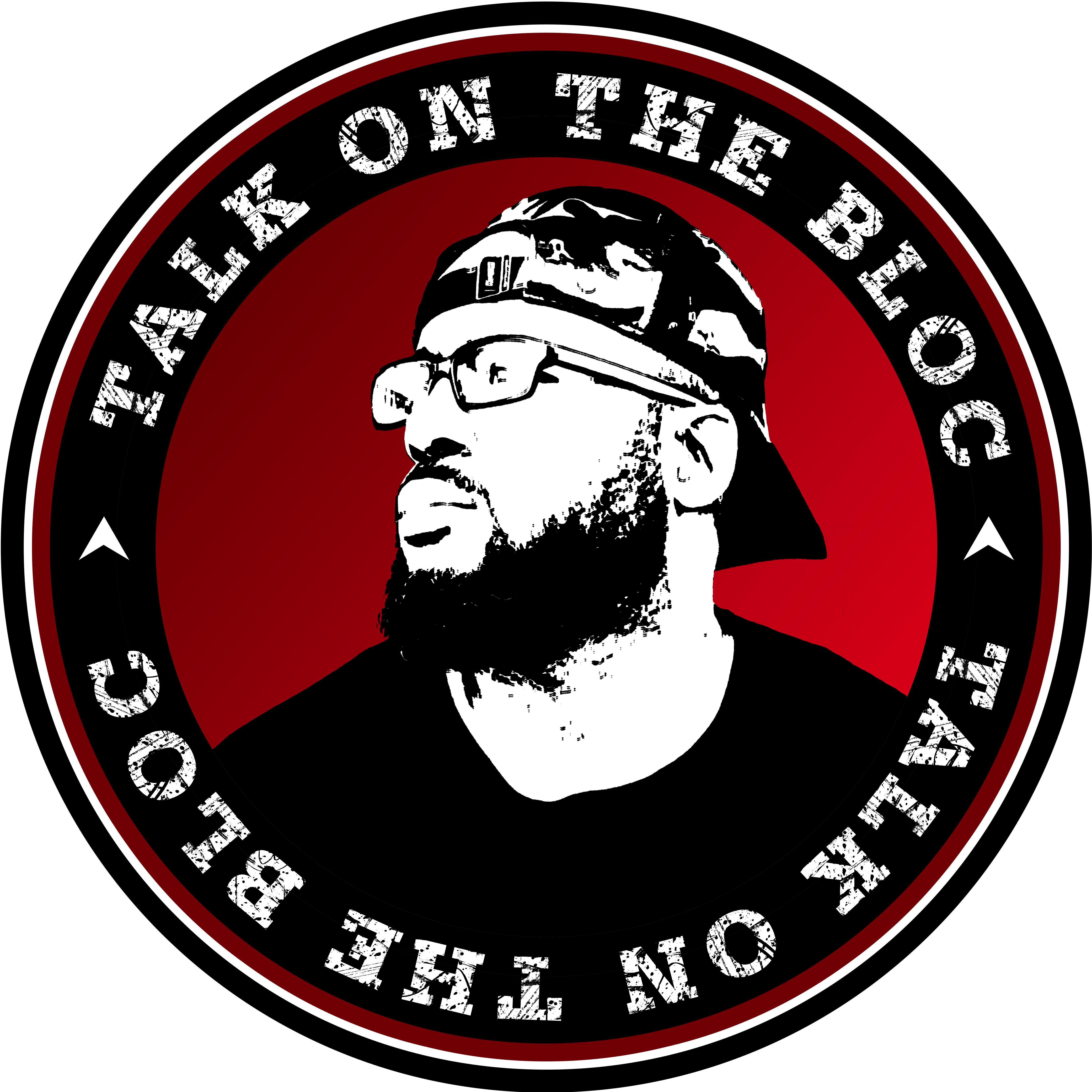On Friday the Supreme Court overturned Roe v. Wade, pretty much ending recognition of a constitutional right to abortion and giving individual states the power. What ever the state do with the issue legally will be up to the voters in your state whether to allow, limit, or ban the practice altogether.
The ruling came as a result of the court’s opinion of Dobbs v. Jackson Women’s Health Organization. That case centered on a Mississippi law that banned abortion after 15 weeks of pregnancy. The state of Mississippi asked the Supreme Court to strike down a lower court ruling that stopped the 15-week abortion ban from taking place.
“We end this opinion where we began. Abortion presents a profound moral question. The Constitution does not prohibit the citizens of each State from regulating or prohibiting abortion. Roe and Casey arrogated that authority. We now overrule those decisions and return that authority to the people and their elected representatives,” ~Justice Samuel Alito.
Read the summary below!
Griswold v. Connecticut, 381 U.S. 479 (1965)
Recalling the Supreme Court’s historic statement on contraception and privacy
Abortion Policy in the Absence of Roe
Supreme Court has voted to overturn abortion rights, draft opinion shows
